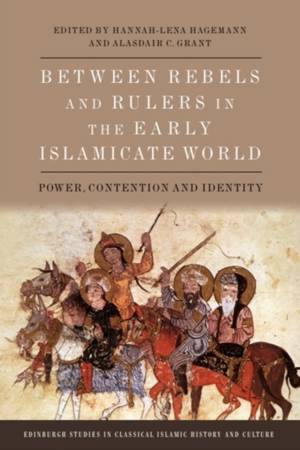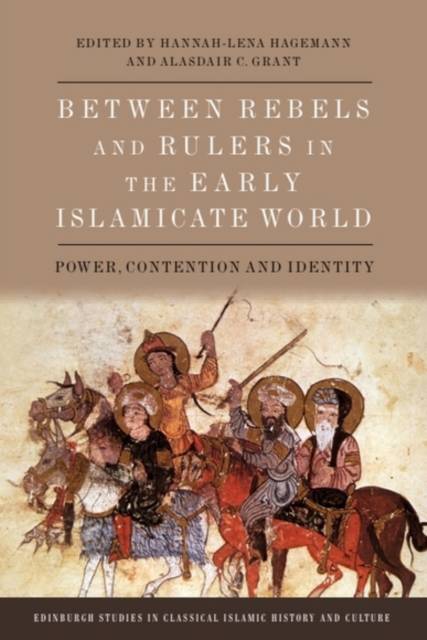
- Afhalen na 1 uur in een winkel met voorraad
- Gratis thuislevering in België vanaf € 30
- Ruim aanbod met 7 miljoen producten
- Afhalen na 1 uur in een winkel met voorraad
- Gratis thuislevering in België vanaf € 30
- Ruim aanbod met 7 miljoen producten
Zoeken
Between Rebels and Rulers in the Early Islamicate World
Power, Contention and Identity
€ 37,45
+ 74 punten
Omschrijving
Between Rebels and Rulers in the Early Islamicate World offers the first dedicated examination of the phenomenon of rebellion across the early Islamicate world. It combines discourse analysis with a return to long-neglected social-historical analysis in its study of contention and the ways in which it was narrated and enacted. These approaches are pursued through fourteen case studies, ranging geographically from North Africa to Central Asia and chronologically from the sixth to tenth centuries CE. These diverse examples reveal several patterns: first, rebellion operated as a normative means of negotiating power and obtaining justice. Secondly, the main constituencies of rebellion were local elites, both Muslims and non-Muslims, Arabs and members of pre-conquest societies, separately or together. Accordingly, this volume challenges the 'othering' of rebels found in written sources and reflected in scholarship and reframes them and their discourses as integral parts of an imperial system. And thirdly, this book shows how social ties provided a framework for the mobilisation of rebellious constituencies and the resolution of conflict.
Specificaties
Betrokkenen
- Uitgeverij:
Inhoud
- Aantal bladzijden:
- 384
- Taal:
- Engels
- Reeks:
Eigenschappen
- Productcode (EAN):
- 9781399530194
- Verschijningsdatum:
- 30/06/2026
- Uitvoering:
- Paperback
- Formaat:
- Trade paperback (VS)
- Afmetingen:
- 156 mm x 234 mm

Alleen bij Standaard Boekhandel
+ 74 punten op je klantenkaart van Standaard Boekhandel
Beoordelingen
We publiceren alleen reviews die voldoen aan de voorwaarden voor reviews. Bekijk onze voorwaarden voor reviews.






